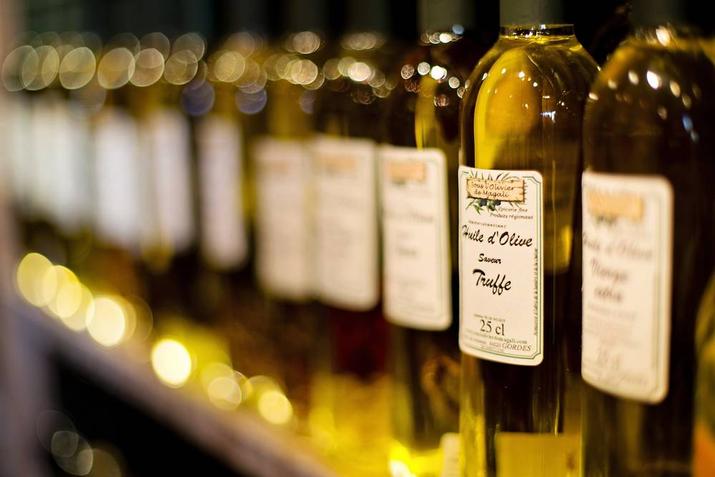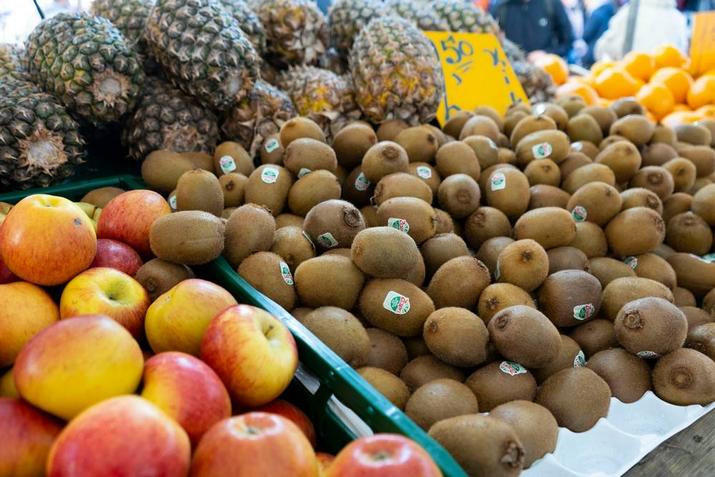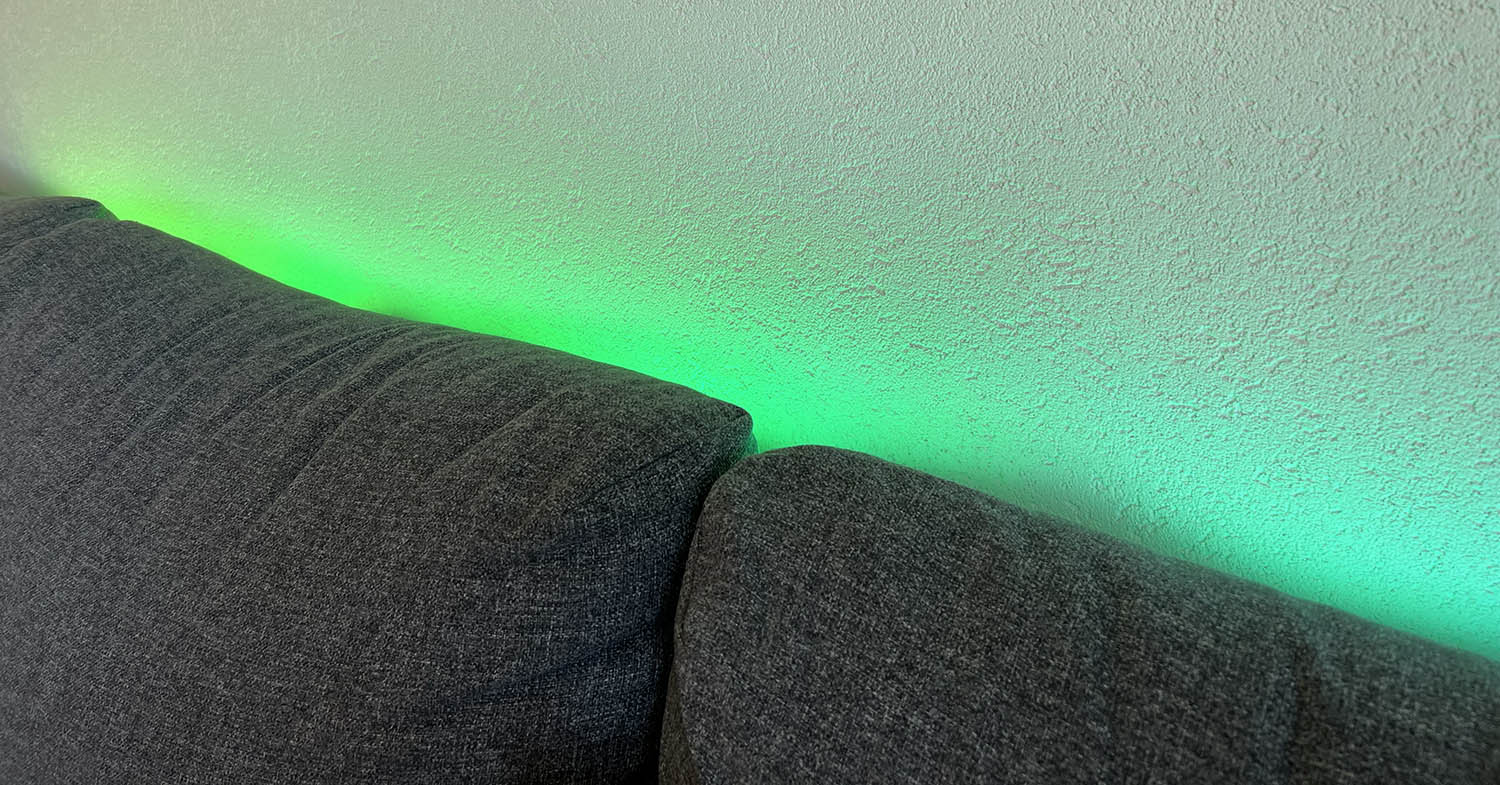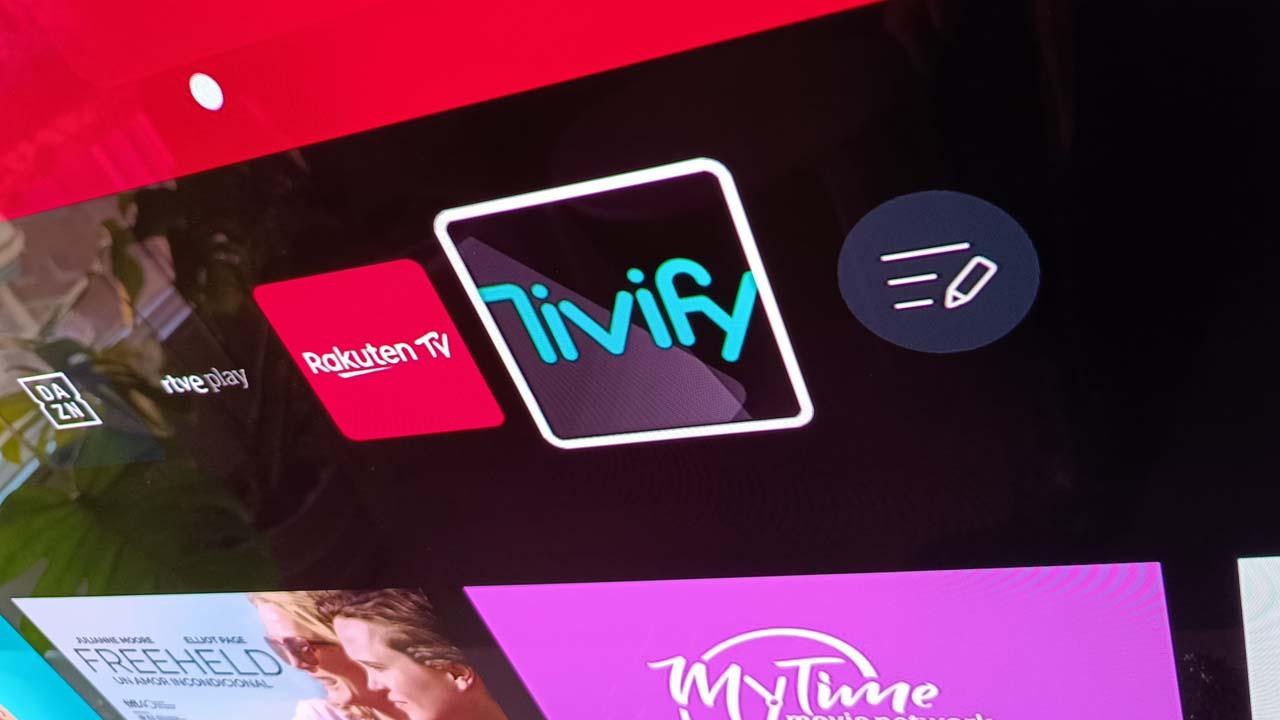The barcode is a code that appears on all the packages, containers and products we buy. This is in charge of telling the store what product we are taking (to control stocks) and the price (to charge us). However, this barcode hides much more information about the product, its origin, provenance and more. But you have to be very careful when interpreting these codes.
It is normal that, when we go to buy a product in a store, we worry about where this product comes from. And, if possible, buy products of Spanish origin. Many times we can consult the information on the package, where the origin usually comes from or, at least, where it has been packaged.
In recent days, a piece of information related to the barcode has gone viral: that if the first two figures start with 84, the product is of Spanish origin. However, there have been several doubts in this regard. And the OCU, finally, has spoken out on the matter.
What does code 84 mean in the barcode?
Many people analyze the barcodes looking for that 84 that assures them that a product is of Spanish origin. However, this is not so. This is a hoax that has been circulating on the Internet for some time.
When a barcode begins with the number 84, it means that that barcode (not the product) has been provided by a Spanish subsidiary. This means that any foreign product that you want to sell in Spain, and does not have this code assigned, will also start with this number 84, leaving the entire hoax debunked. In this way, what we would have is a foreign product (French, for example) that has only been issued that code in Spain.

But there is more. It may be the case that a product of Spanish origin (olive oil) goes to other countries to be sold there. And, for convenience, it asks that a barcode from that country be provided. Therefore, we would be faced with the opposite case: a Spanish product with a foreign barcode.
The OCU wants solutions
It is normal for consumers to look for national products to buy before foreign products. However, the truth is that things are quite complicated. Although it is true that some supermarkets have labels that show the origin of the products, more than 60% of them do not have them, and do not provide this information in any way.

The OCU requests that supermarkets be required much more to indicate the origin of the products they sell on much clearer labels. They also want the autonomous communities to be in charge of inspecting all these products, especially the fresh ones, to ensure that they really come from where they come from.
And finally, OCU believes that it is the European Union that must develop mandatory regulations, with which all products must clearly state their origin. In the case of processed products, the origin of the majority ingredient or ingredients must be marked.













